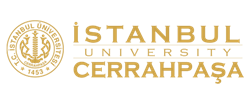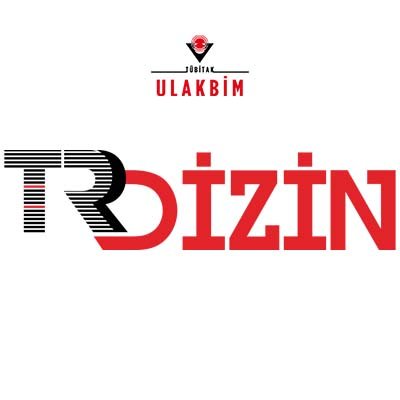The aim of the research is to determine whether the students who study at the university have changed their mountaineering education at the social skill levels. The study group consists of 47 students, 21 female and 26 male students, who are trained in the Kocaeli University Physical Education and Sports High School, who take mountaineering training and voluntarily participate in the study. "Social Skill Inventory" was used as the measurement tool used in the research. Inventory was developed by Riggio (1986) to measure basic social skills and in 1989, he was taken into consideration and got his present shape. Adaptation studies in Turkish were carried out by Yüksel (1998). Reliability co-efficent is r=.92. The participants were given mountaineering training for 16 weeks and social skills inventory was applied before and after these trainings. After applying descriptive statistical procedures (mean, standard deviation) to the data obtained with this scale, the frequency and percentage values of the social skill levels of the subjects were taken. Differences between the pre-test and post-test measurements of subjects were analyzed with the Paired Samples T Test. The significance level of 0.05 was used. There was a statistically significant difference between the pre-test post-test values of the ability of the subjects participating in the study to have advanced speech skills, self-control skills and ability to accept the results (p<0.05). There was no statistically significant difference between pre-test post-test values of other social skill levels (p>0.05).


.jpg)


.png)


